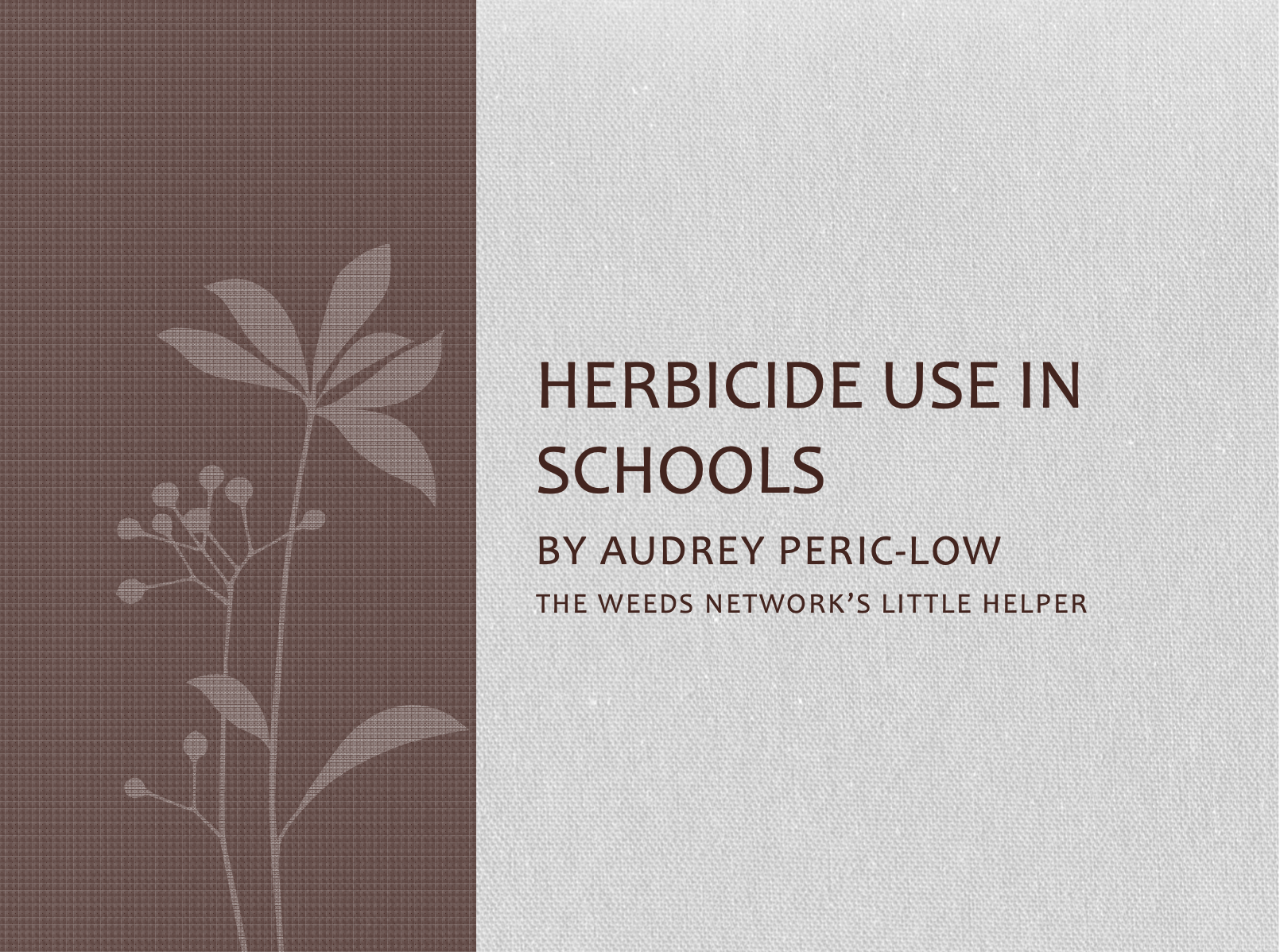Pesticides contaminate water supplies and produce dead and barren environments. pesticides affect all of us, not just farmers, land managers and urban gardeners, but all living beings. One of the main obstacles to addressing problems caused by pesticides is that not everyone realises that there are sustainable weeding options available which are beneficial to humans, wildlife and the environment.
Toxic synthetic pesticides pollute our environment and poison humans and other living beings. The WHO estimate that more than 40% of cancer deaths can be avoided if we avoid poisoning humans with unwanted chemicals. The health cost of toxic synthetic chemicals is immense. Recent studies have found that the predicted health costs due to our current use of pesticides could be as high as 90 billion in African and $48 billion in Europe.
Not only are toxic synthetic chemicals ill-advised on health and environmental grounds, they waste the plant. Weeds, insects, fungi, even though unwanted, can be useful. They can be eaten or used as compost to build healthy soil. The uses of weeds are only limited by our imagination. The Sustainable Pesticide Guide aims to find uses for life that interferes with our human priorities.
In Australia conventional agricultural systems use a wide range of chemicals (DPI Victoria, 2012). We know these chemicals are dangerous. They are designed to ‘kill’. The need for a wide range of chemicals is due in part to ‘Nature’ fighting back in the form of herbicide resistance.
Pesticide resistance is the ability of unwanted life to fight for their life, to fight against their extinction. ‘Pests’ have managed to do this through a transformation which makes them increasingly immune to our killing chemicals.
Presentation : Herbicide Use in Schools by Audrey Peric-Low

Attachments:
Audrey's presentation.png
Presentation-Herbicide-Use-in-Schools-Audrey-Peric-Low-15-05-2015.pdf
Article: WeedBuddies25 (permalink)
Date: 17 December 2022; 6:18:29 pm Australian Eastern Daylight Time
Author Name: David Low
Author ID: adminDavid
Date: 17 December 2022; 6:18:29 pm Australian Eastern Daylight Time
Author Name: David Low
Author ID: adminDavid